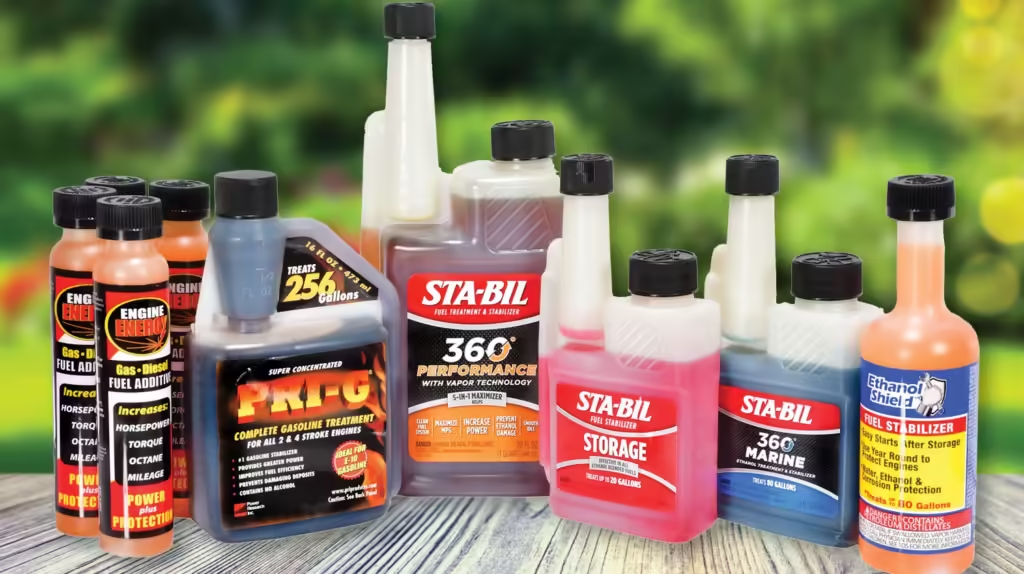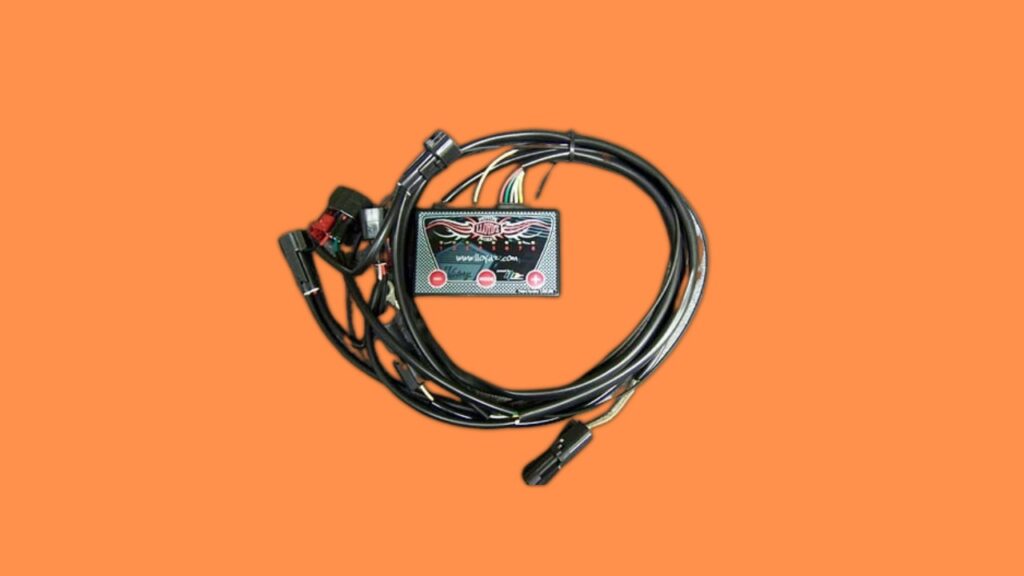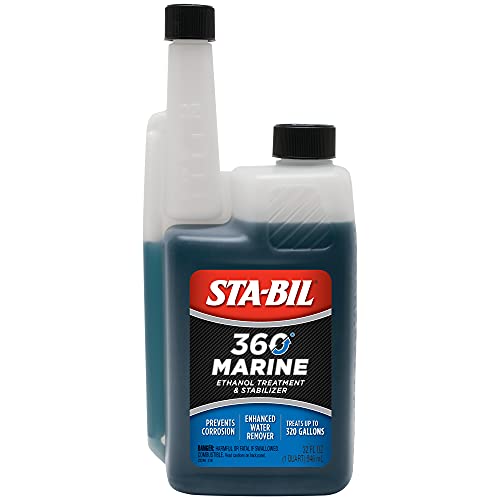Best Fuel Additives

image source: ( here )
When it comes to selecting the best fuel additives, it’s essential to understand what specific benefits you’re looking for. Fuel additives can enhance engine performance, improve fuel efficiency, clean the fuel system, reduce emissions, and prolong the life of the engine. Here are some of the best fuel additives available in the market, categorized based on their primary functions:
1. Fuel System Cleaners
These additives are designed to clean the entire fuel system, including fuel injectors, carburetors, intake valves, and combustion chambers.
PROS
- This is very reasonably priced
- Truck will start running smoother
- Acceleration may get picked
- Gives you better mileage
CONS
- The cap of the cottle Could be stronger
2. Fuel Stabilizers
Fuel stabilizers are essential for preventing fuel degradation, especially in engines that are not used regularly.
PROS
- Price for this Product is good.
- Works Great with off-road
- Saves your repair costs
CONS
- You may find it cheaper locally
3. Octane Boosters
Octane boosters increase the octane rating of the fuel, which can improve engine performance and reduce knocking.
PROS
- Will get your vehicle running smoothing
- Safe with catalytic converters
- Great delivery time
CONS
- Costly
4. Diesel Additives
Diesel engines require specific additives to maintain performance and prevent issues like gelling in cold weather.
PROS
- Engine sound will get better
- Acceleration boost
- Reduction in black smoke
CONS
- none
5. Water Removers
These additives are essential for removing water from the fuel system, which can prevent corrosion and improve performance.
PROS
- Does what is says
- Good price
CONS
- You need to buy more
Considerations for Choosing Fuel Additives
- Compatibility: Ensure the additive is compatible with your type of engine and fuel (gasoline or diesel).
- Purpose: Identify the primary issue you want to address (e.g., cleaning, stabilizing, boosting octane).
- Reviews and Recommendations: Look for products with positive reviews and recommendations from automotive experts.
Best Fuel Flow Meter

best fuel flow meter depends on your specific needs, whether it’s for industrial applications, marine usage, automotive diagnostics, or for use in laboratory settings. Here are some of the top fuel flow meters available, considering their accuracy, durability, ease of use, and suitability for different applications:
1. Industrial Applications
For large-scale or heavy-duty use, such as in manufacturing or large machinery, you need robust and highly accurate meters.
- GPI M-30: Known for its accuracy and durability, this meter is ideal for industrial use. It has a digital display and is capable of handling high flow rates.
- Macnaught MX Series: These meters are highly durable, made with quality materials, and provide precise measurements for industrial applications.
2. Marine Applications
Boats and other marine vehicles require meters that can withstand harsh conditions and provide reliable readings.
- FloScan 5500/6500 Series: Widely used in marine applications, these meters offer precise fuel monitoring and can help optimize fuel efficiency for boats.
- Blue Sea Systems 8248: This system is robust, designed for marine environments, and offers accurate fuel flow readings and consumption tracking.
3. Automotive Diagnostics
For automotive technicians and enthusiasts who need to diagnose fuel system issues or monitor fuel consumption.
- Autel MaxiSYS MS906BT: While primarily a diagnostic tool, it includes features for fuel system analysis, making it valuable for comprehensive vehicle diagnostics.
- OTC 6550PRO: This kit provides tools for diagnosing various fuel-related issues, including flow rate measurement, helping mechanics identify and resolve problems efficiently.
4. Laboratory and Research Settings
Precision is key in laboratory environments where fuel flow measurements are critical for experiments and research.
- Omega FMA1700A/1800A: These are high-precision meters ideal for laboratory use. They offer accurate readings and come with advanced features for detailed analysis.
- Alicat Scientific M-Series: Known for their high accuracy and reliability, these meters are suitable for various research applications and provide real-time data.
5. General Purpose and Portable Use
For versatile and portable use, whether in a workshop, for personal vehicle maintenance, or small-scale applications.
- Fill-Rite FR1118A10: A versatile and portable meter that’s easy to install and use, suitable for various applications including agriculture and automotive.
- Turbine Digital Flow Meter by GasTapper: This meter is compact, portable, and provides accurate measurements, making it ideal for personal or small-scale use.
Key Considerations When Choosing a Fuel Flow Meter
- Accuracy: The precision of the meter is crucial, especially for applications where exact measurements are necessary.
- Durability: Consider the environment in which the meter will be used. For industrial or marine applications, it should be robust and resistant to harsh conditions.
- Ease of Use: A user-friendly interface and easy installation process are important for efficient operation.
- Flow Rate Range: Ensure the meter can handle the expected range of flow rates for your specific application.
- Compatibility: Check that the meter is compatible with the type of fuel and system you are using.
Best Fuel Controller

best fuel controller depends on the specific requirements of your vehicle or application, whether it’s for automotive performance tuning, marine engines, or industrial machinery. Here are some of the top fuel controllers available in the market, known for their performance, adjustability, and reliability:
1. Automotive Performance Tuning
For enthusiasts and professionals looking to optimize engine performance, fuel efficiency, and manage modifications.
- AEM Electronics 30-0300 X-Series Wideband UEGO AFR Sensor Controller Gauge: This is a top choice for those who need precise air/fuel ratio data for tuning. It’s compatible with a wide range of engines and offers quick response and accuracy.
- Power Commander V by Dynojet: Popular among motorcycle and powersports enthusiasts, this controller allows for detailed tuning of fuel injection and ignition systems. It provides significant improvements in performance and efficiency.
2. Marine Applications
Boats and other marine vehicles require fuel controllers that can handle harsh environments and optimize fuel use efficiently.
- VesselView by Mercury Marine: This system integrates with Mercury engines to provide comprehensive monitoring and control, including fuel management. It’s durable and designed specifically for marine use.
- Garmin GFS 10: Suitable for various marine engines, this fuel sensor allows for accurate fuel flow monitoring and integrates with Garmin chartplotters for real-time data.
3. Industrial Machinery
For heavy machinery and industrial applications, fuel controllers must be robust and reliable under continuous operation.
- Governor Control Systems (GCS): These systems are designed for precise control of industrial engines, offering reliable fuel management for generators, pumps, and other heavy equipment.
- Woodward Governors: Known for their durability and precision, Woodward fuel controllers are used in various industrial applications to ensure optimal performance and fuel efficiency.
4. Automotive OEM and Aftermarket
For everyday cars, both OEM (Original Equipment Manufacturer) and aftermarket controllers can help improve fuel efficiency and engine performance.
- ECUtek ProECU: This system provides comprehensive control over the engine management system, allowing for custom tuning and adjustments. It’s widely used in performance tuning for various car brands.
- COBB Accessport V3: A popular choice among enthusiasts, this handheld tuner offers extensive tuning capabilities for a wide range of vehicles. It allows for custom maps, real-time data monitoring, and performance adjustments.
5. General Purpose and Custom Applications
For unique or custom applications where flexibility and adaptability are key.
- Megasquirt ECU by DIYAutoTune: This is a versatile and customizable engine management system suitable for a wide range of engines and applications. It’s favored by hobbyists and professionals for its flexibility and open-source nature.
- Haltech Elite Series: Known for its high performance and advanced features, Haltech’s Elite series provides comprehensive control over fuel and ignition systems, making it suitable for custom and high-performance applications.
Key Considerations When Choosing a Fuel Controller
- Compatibility: Ensure the controller is compatible with your specific engine and fuel system.
- Features: Look for features that meet your needs, such as real-time monitoring, data logging, and adjustability.
- Ease of Use: A user-friendly interface and clear instructions can simplify installation and tuning.
- Durability: For industrial and marine applications, the controller should withstand harsh environments and continuous use.
- Support and Updates: Consider brands that offer good customer support and regular software updates to ensure your controller remains current.
Best Fuel Sender

best fuel sender depends on the application, whether it’s for automotive, marine, industrial, or custom projects. Here are some of the top fuel senders available, known for their accuracy, durability, and reliability:
1. Automotive Applications
For cars, trucks, and other road vehicles, you need a fuel sender that ensures precise fuel level readings and integrates well with your vehicle’s fuel gauge.
- Bosch SP0F000046 Fuel Level Sender: Known for its reliability and accuracy, Bosch fuel senders are a popular choice for a wide range of vehicles. They offer easy installation and consistent performance.
- Auto Meter 3262 Fuel Level Sender: Designed to work with Auto Meter gauges, this sender is highly accurate and durable. It’s suitable for both OEM replacement and custom applications.
2. Marine Applications
Boats and other marine vehicles require fuel senders that can withstand harsh marine environments and provide reliable readings.
- Wema USA SSS/SSL Fuel and Water Level Sender: These senders are renowned for their reliability and precision in marine applications. They are made from stainless steel, making them highly resistant to corrosion.
- KUS USA SSS/SSL Series: Similar to Wema, KUS provides robust and accurate fuel senders that are widely used in the marine industry. They are durable and provide long-lasting performance.
3. Industrial Applications
For heavy machinery and industrial equipment, fuel senders must be robust and capable of providing accurate readings under challenging conditions.
- Gems Sensors LS-800 Multi-Point Level Switch: Ideal for industrial applications, this sender offers precise fuel level monitoring and can handle extreme environments. It’s customizable to meet specific needs.
- Murphy by Enovation Controls Fuel Level Sender: Known for their reliability and accuracy in industrial settings, Murphy fuel senders are designed to withstand tough conditions and provide consistent performance.
4. Custom and General Purpose Applications
For custom projects or general use, flexibility and adaptability are key factors.
- Moeller Marine Electric Universal Fuel Sender: This sender is versatile and can be adjusted to fit various tank sizes, making it suitable for custom and general-purpose applications. It’s easy to install and provides accurate readings.
- Centroid Products Fuel Level Sensor: These sensors are customizable and provide highly accurate fuel level measurements. They are suitable for various applications, including automotive, marine, and custom projects.
Key Considerations When Choosing a Fuel Sender
- Compatibility: Ensure the sender is compatible with your fuel tank and gauge. Check the specifications to match the sender with the correct gauge resistance range (e.g., 240-33 ohms, 0-90 ohms).
- Material and Durability: For marine and industrial applications, choose senders made from corrosion-resistant materials like stainless steel.
- Accuracy: Look for senders that provide precise fuel level readings to avoid running out of fuel unexpectedly.
- Installation: Consider ease of installation, especially if you’re replacing an existing sender or fitting a custom tank.
- Adjustability: Some fuel senders offer adjustable lengths or configurations to fit different tank depths and shapes, which can be beneficial for custom applications.
- Signal Output: Ensure the sender’s signal output matches your gauge’s input requirements. Different systems might use resistive, voltage, or digital signals.
- Reliability: Choose a fuel sender with a good reputation for reliability and longevity to reduce the need for frequent replacements or maintenance.
Best Fuel Tank Sealer

best fuel tank sealer depends on the type of fuel tank, the material of the tank, and the specific issues you need to address, such as leaks, rust, or corrosion. Here are some of the top-rated fuel tank sealers that are highly regarded for their effectiveness, ease of use, and durability:
1. POR-15 Fuel Tank Sealer
- Pros:
- Widely regarded as one of the best on the market.
- Resistant to all fuels, including modern ethanol blends.
- Seals pinhole leaks and prevents rust and corrosion.
- Provides a tough, flexible film that won’t crack or peel.
- Cons:
- Requires thorough cleaning and preparation of the tank.
- The process can be time-consuming, as it involves multiple steps including cleaning, etching, and sealing.
- Best For: Metal fuel tanks with rust issues or pinhole leaks.
2. KBS Coatings Auto Fuel Tank Sealer Kit
- Pros:
- Comprehensive kit includes a cleaner, rust remover, and sealer.
- Creates a tough, flexible coating resistant to fuel, alcohol, and additives.
- Can be used on both steel and aluminum tanks.
- Cons:
- Multiple steps required, making the process longer.
- Proper ventilation is necessary due to strong fumes.
- Best For: Restoring old, rusted metal fuel tanks and ensuring long-term protection.
3. Red-Kote Fuel Tank Liner
- Pros:
- Easy to use and apply.
- Effectively seals small pinholes and prevents rust.
- Resistant to alcohol and ethanol-blended fuels.
- Bright red color helps ensure even application.
- Cons:
- Requires thorough cleaning and drying of the tank before application.
- May not be suitable for large or severely damaged tanks without additional preparation.
- Best For: Small to medium-sized fuel tanks with minor rust and pinhole issues.
4. Caswell Epoxy Gas Tank Sealer
- Pros:
- Forms a strong, durable, and fuel-resistant coating.
- Can be used on plastic, fiberglass, and metal tanks.
- Seals larger holes and cracks effectively.
- Resistant to all fuels, including ethanol blends.
- Cons:
- Requires mixing of two components, which can be tricky.
- Application can be more challenging compared to single-component sealers.
- Best For: Versatile applications, including plastic and fiberglass tanks, and larger repairs.
5. Bill Hirsch Auto Fuel Tank Sealer
- Pros:
- Known for its durability and long-lasting protection.
- Seals pinholes and prevents rust and corrosion.
- Resistant to alcohol and ethanol fuels.
- Cons:
- Tank preparation is critical and can be labor-intensive.
- Requires multiple coatings for best results.
- Best For: Vintage and classic car fuel tanks where long-term preservation is desired.
Key Considerations When Choosing a Fuel Tank Sealer
- Tank Material: Ensure the sealer is compatible with the material of your tank (metal, plastic, fiberglass).
- Fuel Type: Verify that the sealer is resistant to the type of fuel you use, especially if you use ethanol-blended fuels.
- Extent of Damage: For tanks with large holes or severe rust, more extensive preparation and multiple coatings may be necessary.
- Ease of Use: Consider whether you prefer a single-step product or a comprehensive kit that involves multiple steps.
- Drying Time: Be aware of the drying and curing time required for the sealer to ensure proper bonding and effectiveness.




